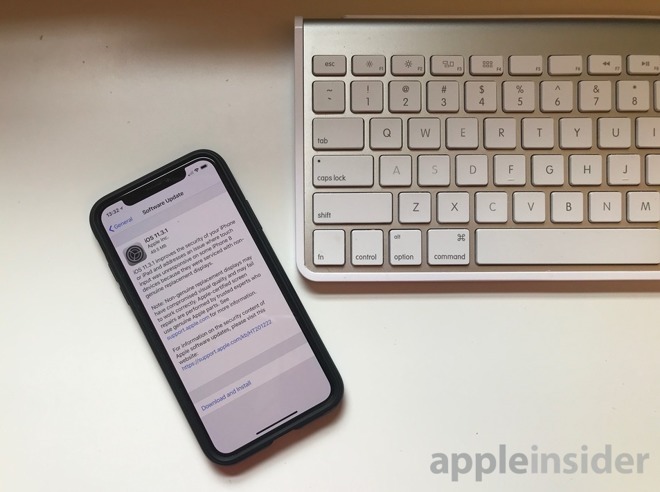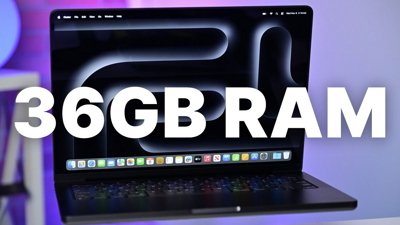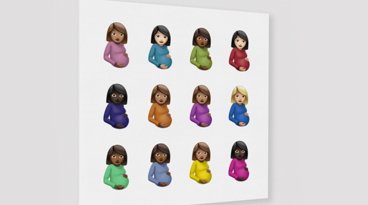Following last week's release of iOS 11.3.1, Apple on Wednesday stopped signing legacy iOS 11.3 code in a strategy designed to ensure iPhone, iPad, and iPod touch owners are running the most up-to-date version of the mobile operating system.
As it does with every new release, Apple ceased code signing of iOS 11.3 following the release of iOS 11.3.1, which went live last Tuesday.
Along with a few minor bugs, the latest iOS version fixed a problem in which some iPhone models, specifically iPhone 8 devices, were rendered unusable after undergoing third-party display replacement. The issue cropped up earlier this month with the release of iOS 11.3, with some users reporting aftermarket iPhone screens failed to respond to touch input.
Apple regularly stops signing code in an effort to prevent users from installing old iOS versions. In addition to system security, restricted code signing helps ensure users have the most up-to-date firmware running on their iPhone, iPad and iPod.
The company is currently beta testing iOS 11.4, which promises AirPlay 2 support, Messages in the Cloud integration and Apple's new ClassKit framework.
 AppleInsider Staff
AppleInsider Staff









 Christine McKee
Christine McKee




 William Gallagher
William Gallagher










5 Comments
3 days before the release of 11.3.1, my “old” iPhone suddenly got slow again between every screen change. I said to myself, “Hmmm, a new version is coming.” It did.
After the iPhone BatteryGate, my “old” iPhone has had a good and revitalised time of getting back the lost speed, a deja-vu of nearly at its prime time. When everybody forgets of the BatteryGate, the speed loses again.
Everything seems to be fine on my 7+
I haven’t updated from 11.3 to 11.3.1 mainly because 11.3 brought my iPad mini 2 back to a useable condition. I don’t want to risk being stuck with useless devices. Also there has surprisingly been very little talk anywhere about how 11.3.1 is working for people.